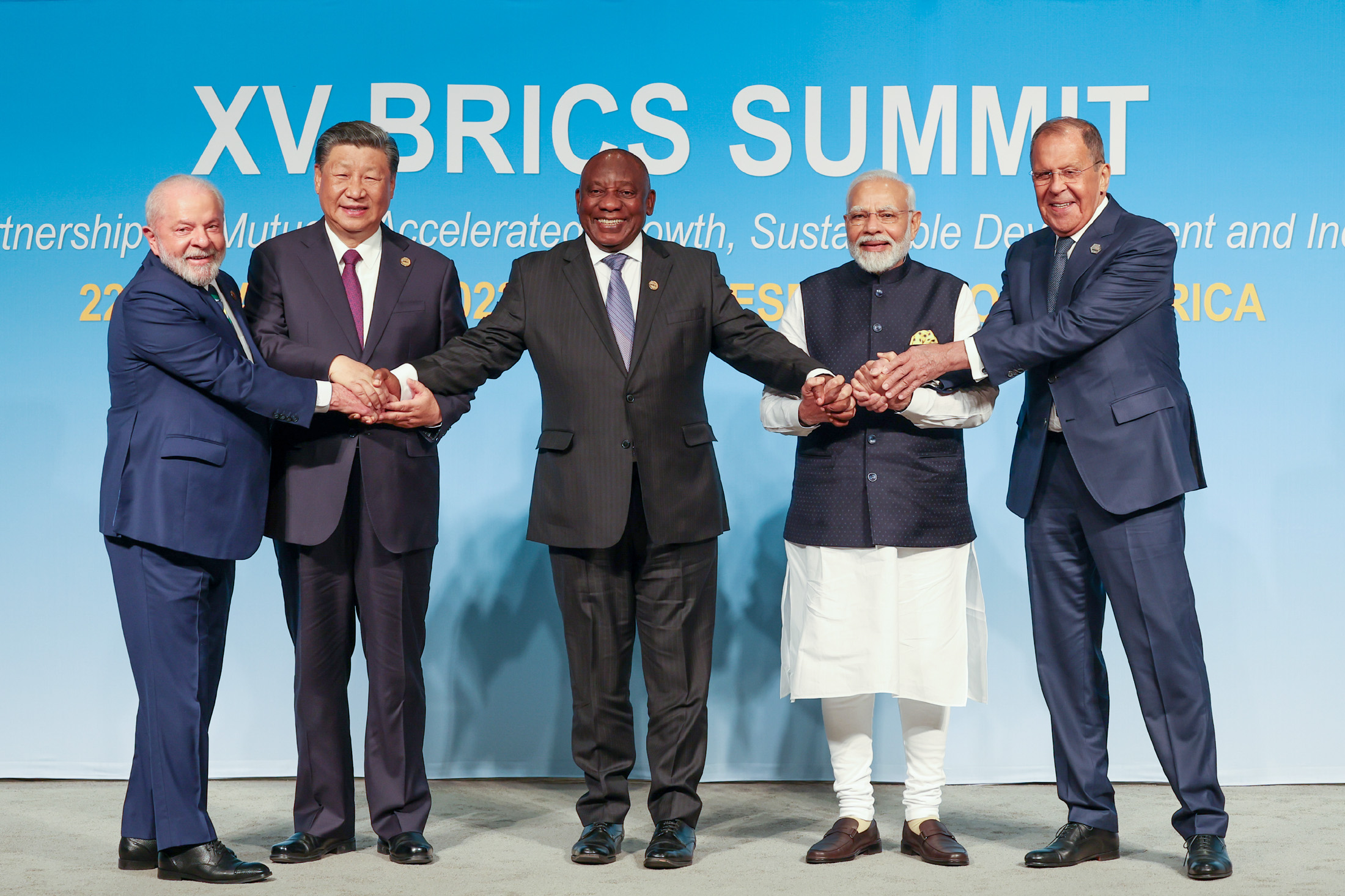In an era defined by unprecedented challenges and shifting power dynamics, the quest for economic cooperation transcends mere strategy—it becomes a necessity for survival and progress. Against this backdrop, the BRICS organization emerges not just as a coalition of five nations—Brazil, Russia, India, China, and South Africa—but as a symbol of hope for a more balanced and inclusive global order.
Founded in 2009 amid the lingering shadows of the global financial crisis, BRICS was conceived as a bold experiment: could emerging economies, often sidelined by traditional Western-dominated institutions, chart a course together toward shared prosperity? The inaugural summit in Yekaterinburg, Russia, was not merely a meeting of governments; it was a gathering of aspirations seeking to rewrite the rules of international cooperation.
Central to BRICS’ vision is the creation of mechanisms that embody its ideals. The New Development Bank, for instance, is more than a financial institution—it is a concrete commitment to supporting sustainable infrastructure and development projects that reflect the unique needs of member countries. Similarly, the BRICS Contingent Reserve Arrangement offers a profound statement of solidarity—a financial safeguard designed to uphold stability in times of economic uncertainty.
Yet, BRICS is more than its institutions. Its rotating presidency and annual Leaders’ Summits underscore a rhythm of dialogue and deliberation, where diverse voices converge to confront shared challenges—from global security concerns to the reimagining of financial governance. These meetings reflect an ongoing dialogue not just among governments but among distinct visions for the future of global relations.
However, the path forward is far from certain. BRICS faces skepticism and resistance from established powers wary of its rising influence. Yet, its continued evolution speaks to a deeper truth: the world’s economic architecture is no longer static but fluid, shaped by forces eager to democratize opportunity and influence. As noted by scholars such as Stuenkel (2015), BRICS challenges the prevailing order, inviting us to reflect on what a truly multipolar world might look like.
For observers and participants alike, BRICS represents a profound experiment in unity—one that tests the boundaries of cooperation across cultural, political, and economic divides. It asks us to imagine how emerging economies can collectively harness their strengths to foster not just growth but resilience and equity in an interconnected world.
As BRICS contemplates expansion and deeper integration, its trajectory will shape more than economics; it will influence the very fabric of international relations and global governance. It beckons us to watch closely—and to consider the promise and complexities of collaboration in our time.
So, the question remains: in a world fraught with division and uncertainty, can BRICS inspire a new paradigm of global cooperation that truly embraces diversity and shared prosperity?
If you believe in the power of collaboration to reshape our world, stay informed, engage in dialogue, and support efforts that promote equitable growth. The future depends not just on institutions but on the collective will of people who envision a more connected and just global community.
